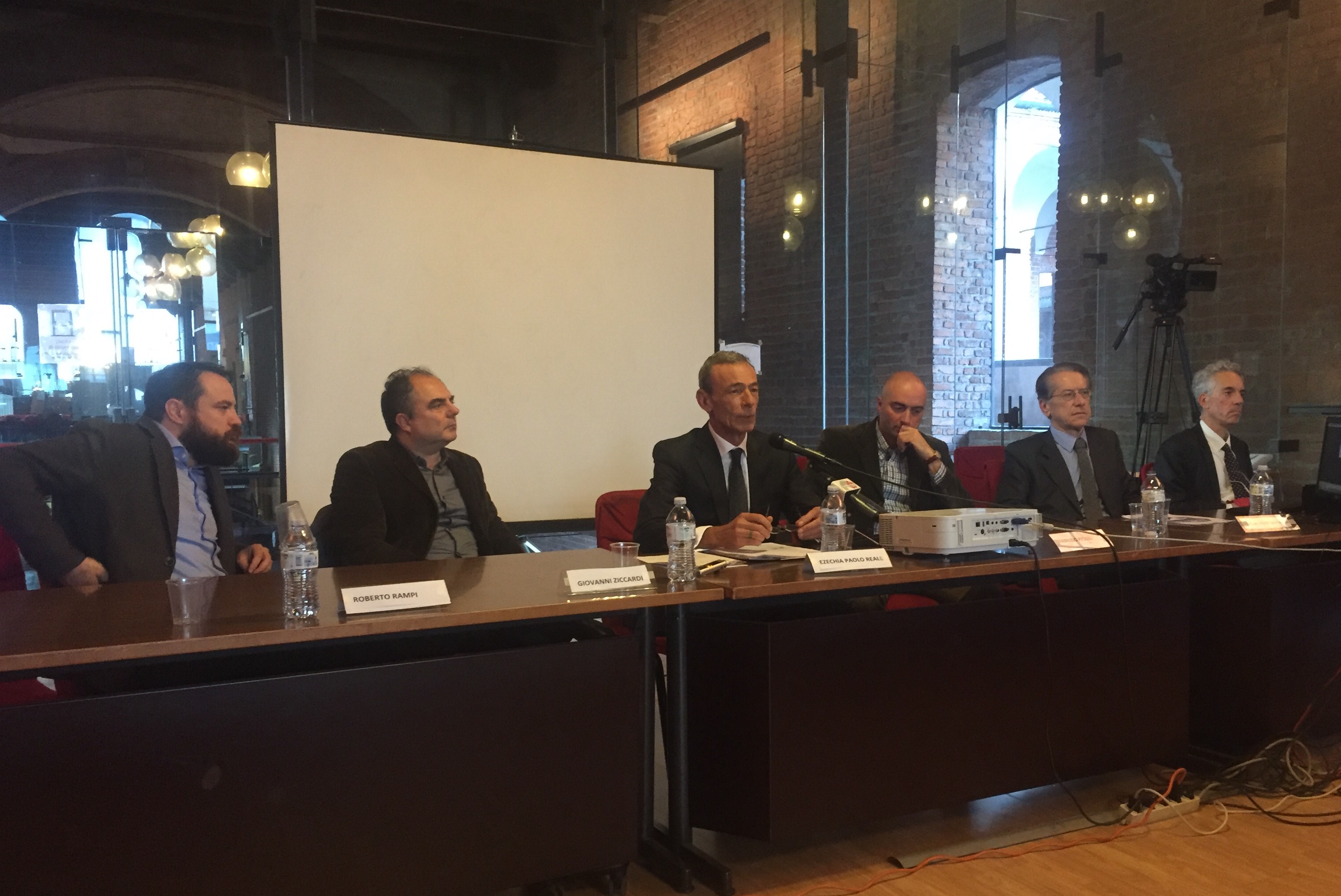“Three years ago, it was only Marco Pannella and a bunch of radicals. Today a larger number of people believe in this campaign” says Laura Harth in her speech on the campaign for the recognition of the Right to Know, the theme of the conference held on Monday at the University of Milan. Different personalities described it as the new frontier of legal science, as well as the risks that the rule of law is running today in the world. “The denial of the right to know” says Ambassador Giulio Terzi of Sant’Agata, “is the common element to all the major crises from 2000 to today: Iraq, Syria, Crimea, Brexit and Catalonia”. Paolo Reale, lawyer, Secretary General of the Siracusa Institute and a disciple of the late professor Cherif Bassiouni, one of the main architects of the International Criminal Court, recalled the definition of the Right to Know as “the citizen’s civil and political right to be actively informed of all aspects regarding the administration of all public goods during the entire political process, in order to allow for the full and democratic participation in public debate regarding such goods and hold public goods administrators accountable according to the standards of human rights and the Rule of Law”.
The concept, coined by lawyer Harold L. Cross in 1953, provides the basis for the American Freedom of Information Act (1966). It echoes the words by Italian economist, Luigi Einaudi, who warned that “we must know in order to decide”. Words dear to Marco Pannella and underlined by Roberto Rampi MP, who stressed that “in 2003 the world was prevented from learning that the ‘smoking gun’ that Bush was referring to did not exist in Iraq.” According to Alba Bonetti, vice president of the Italian section of Amnesty International, governments oppose the need for security to the right to know “by watching over citizens without regulating the surveillance technology business, as the case of Edward Snowden shows.”
Giovanni Ziccardi, professor in Legal Informatics at the University of Milan and host of the meeting, claims that hacking in the public interest is needed to counter fake news, so as “to respond to them by making the true data persistent and viral”. Claudio Radaelli, professor of political science at the University of Exeter illustrated mechanisms of this new right: citizens’ ability to comment and receive answers before a decision is made, as well as the obligation for governments to provide the reasons for such decisions. Several best practices, according to Maddalena Pezzotti of the association “Liberi Cittadini” (Free Citizens), already exist in the South of the world, such as the participative budget procedure set up in Porto Alegre in 1989.
Will the Right to Know see the light one day? Matteo Angioli is sure about it, but only on one condition: that the Nonviolent Radical Party will survive by meeting the goal of 3.000 new members within this year. The same appeal was raised by Roberto Rampi and Giulio Terzi di Sant’Agata, who belong in different parties yet are both members of the Nonviolent Radical Party Transnational Transparty.
Read the original article In Italian on the website Il Dubbio

